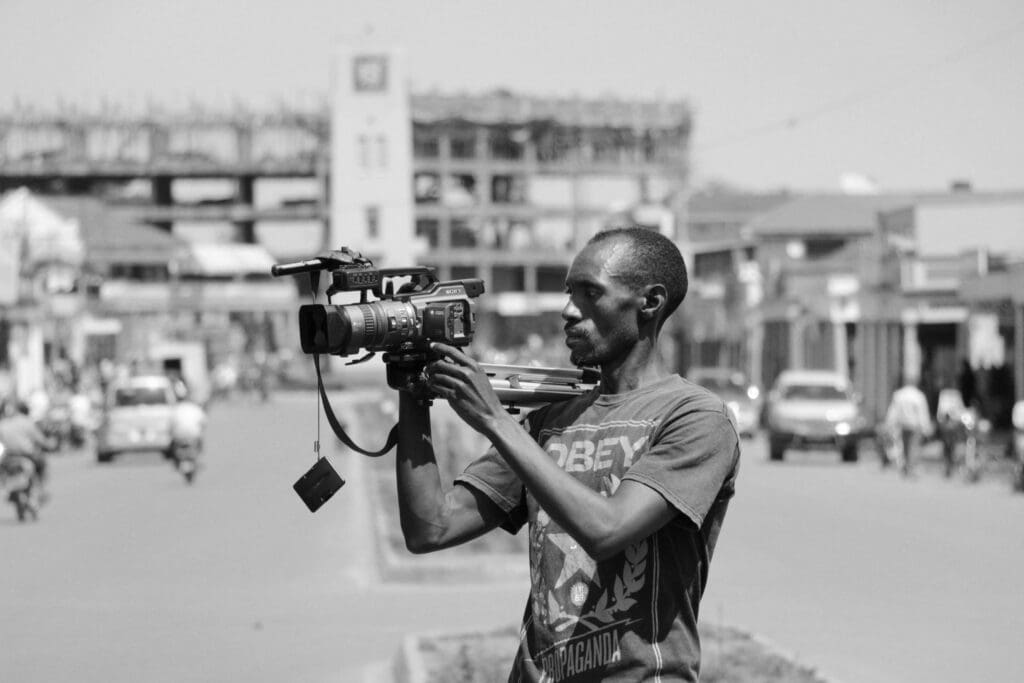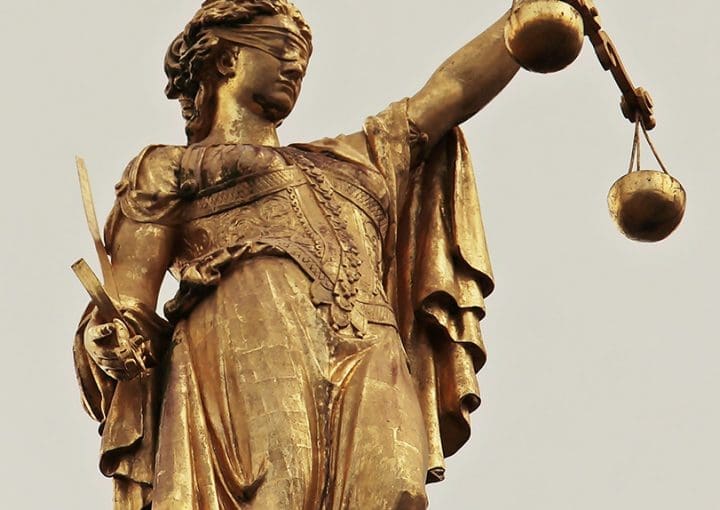There exist several fora in which to litigate digital rights around the world, such as the European Court of Human Rights, the African Commission on Human and Peoples’ Rights, the Inter-American Court of Human Rights, the African Court on Human and Peoples’ Rights, the Court of Justice of the European Union, and more. As more countries around the world have passed relevant legislation such as data protection laws and regulations around misinformation or social media, a foundation for progressive litigation has been created.
As in any other litigious matter, a number of essential procedural considerations need to be taken into account when formulating a litigation strategy, such as the admissibility of a matter, legal representation, the intervention of amicus curiae, and so forth. This resource acts as a training module on noteworthy basic principles for litigating on freedom of expression and digital rights matters in Africa.
Summary Modules
Media Defence has developed a series of summary modules that provide an overview of the various rights and concepts which encompass digital rights. Read together, the summary modules were created with the intention to assist lawyers (and anyone who may be interested in digital rights) on the factors at play in digital rights discourse and litigation.
Advanced Modules
Media Defence’s series of Advanced Modules on Digital Rights and Freedom of Expression online provide a more comprehensive review of current developments and jurisprudence in the field of digital rights. In combination with the Summary Modules above, these resources form the basis of our introductory and advanced litigation surgeries. The Advanced Modules have been designed to assist lawyers representing journalists, bloggers and other online media in East, West and Southern Africa. They include emerging trends in digital rights as well as tools and advice on litigating cases at the national and regional levels.
Prior to proceeding with litigation, an assessment of trends and the practicalities of the matter at hand is important. These Advanced Modules provide a detailed guideline on how to litigate in multiple regional African courts.
Key Case Law
As more lawyers begin to understand the importance of enforcing human rights in the digital realm and bring cases to court, case law has evolved to adapt existing human rights standards to the digital age. For example, new concepts such as the ‘right to be forgotten’ and the liability of internet intermediaries have been defined at least partly through litigation in courts around the world.
The ECOWAS Court of Justice ruled in favour of protecting the right to freedom of expression in a matter involving the detention and persecution of four journalists. The Court noted that “[r]estriction on freedom of speech must be couched in the narrowest possible terms…”
The Inter-American Court of Human Rights held that Costa Rica’s criminal defamation law violated the American Convention on Human Rights, which guarantees freedom of expression.
Although this matter did not pertain directly to digital rights, the ACHPR demonstrated its willingness to deal with non-state actors, state obligations, and to engage with NGOs.
The African Commission on Human and Peoples’ Rights established the “. . . actio popularis approach where the author of a communication need not know or have any relationship with the victim. This is to enable poor victims of human rights violations on the continent to receive assistance from NGOs and individuals far removed from their locality.”









